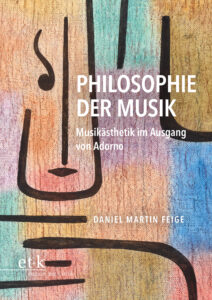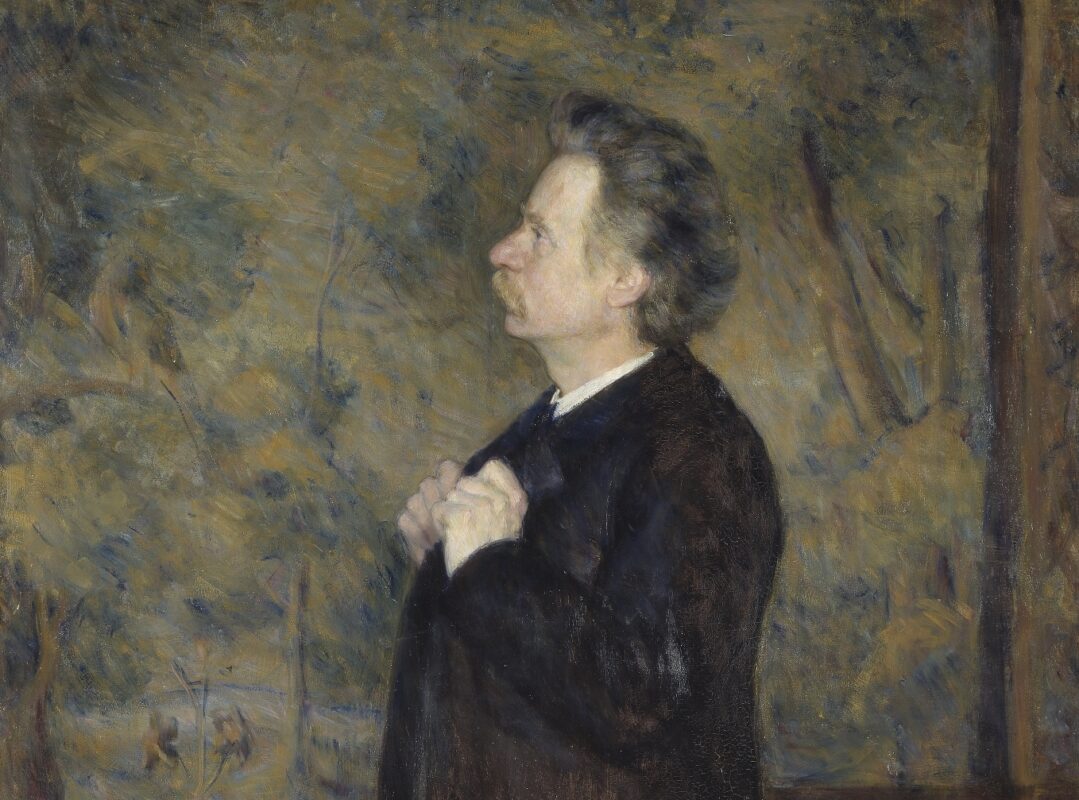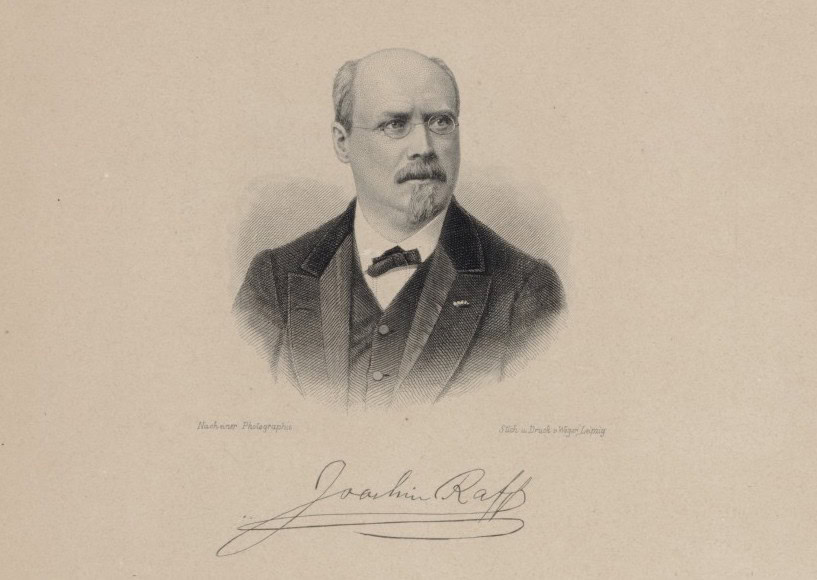Music philosophy with a more open mind
In his latest book, Daniel Martin Feige draws on Adorno's aesthetics and attempts to make them fruitful for jazz and pop music.

Theodor W. Adorno, the great music philosopher of the 20th century, was famously not a fan of jazz and pop music. His remarks about them are evidence of a defensive attitude rather than a fundamental openness towards different musical cultures. Adorno had his reasons (keyword "culture industry"). But the philosophy of music would do well to set aside its skepticism with regard to jazz and pop music and examine their respective aesthetic potentials more closely.
This is exactly what the philosopher - and trained jazz pianist - Daniel Martin Feige does in his new book Philosophy of music. Music aesthetics as a departure from Adorno. Using eight basic philosophical categories, he argues that terms such as "composing", "interpreting" or "improvising" should not be used as rigid, predefined measuring instruments derived from classical music, but should be rethought from the perspective of each musical work - dialectical conceptual work, in the spirit of Adorno.
Feige examines the aesthetic characteristics of Western art music, jazz and pop music with a lot of philosophical theoretical reference, for example the aspect of jazz improvisation with the help of G. E. M. Anscombe's theory of action, as well as against the background of the hermeneutics of Martin Heidegger, Hans-Georg Gadamer and John McDowell. Although the thoughts remain mostly on an abstract level (you can count the musical examples dealt with in more detail on one hand), Feige comes to some fundamental insights, especially with regard to jazz: for example, that the artistic production process is already inherent in the music itself or that the incalculable is included in the improvisation and that the meaning of an entire performance can only be established retrospectively and as a whole. Feige thematizes pop music primarily through the aspect of the medium by ascribing to it - in contrast to "art music", for example - primarily an existence as "non-documentary[...] recordings" (p. 143).
Overall, the book is a successful and illuminating opening of Adorno's aesthetics with regard to previously neglected musical traditions and offers numerous possibilities for connection - not least for studies that focus even more closely on the musical subject.
Daniel Martin Feige: Philosophy of Music. Musikästhetik im Ausgang von Adorno, 216 p., € 24.00, edition text+kritik, Munich 2024, ISBN 978-3-689-30028-9








